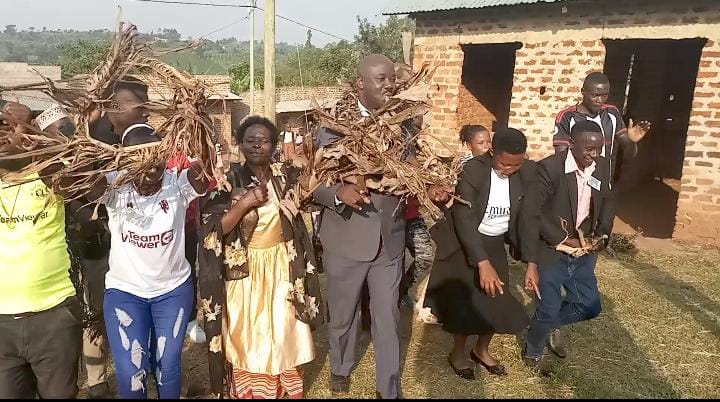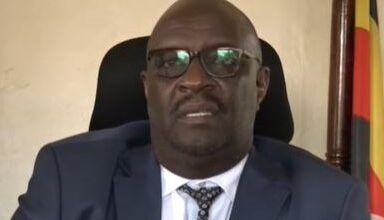Kabarole district boss tasks government to regulate tea industry
In 2023, the government developed a policy to regulate the tea industry and address challenges affecting the tea subsector in the country.

Kabarole: Richard Rwabuhinga, the LCV Chairperson for Kabarole District, has tasked the government with putting in place a regulatory framework for the tea industry.
Commenting on the challenges facing tea farmers in Hakibale Sub County on Friday, August 9, 2024, Rwabuhinga asserted that Ugandan tea is fetching poor prices at the Mombasa auction because of poor quality.
Rwabuhinga notes that, in spite of the fact that tea is a strategic cash crop in the country, there is no clear policy to regulate the sector.
Tea farmers claim that apart from giving out free seedlings, not much has been achieved through government interventions to improve the tea sector.
Rwabuhinga, who was addressing members of the Hakibale Football Fans Tweyimukye Group in Muhokya Cell Kiburara Parish, said the government should come up with different interventions, including a regulatory framework, to save tea farmers.
Betty Namukose Manyindo, the District Female Councilor for Hakibale Sub County and Kibasi Town Council, says that tea is green gold, but due to a lack of regulation, farmers are always in a dilemma because of the poor farm gate prices and exploitation by the buyers.
Gaki Steven Rwitanga, the LC3 Chairperson for Hakibale Sub County, revealed that most farmers have started uprooting tea plantations because of a fall in prices. He urged the government to provide coffee seedlings as an alternative cash crop to tea growing in Sub County.
In 2023, the government developed a policy to regulate the tea industry and address challenges affecting the tea subsector in the country.
The ministries of agriculture and their trade counterparts developed the National Tea Policy to guide tea production and processing and to support the diversification of the products of tea being produced.
The policy that awaits to be submitted to the Cabinet focuses on improving access to quality agro-inputs, including tea seedlings, fertilizers, and herbicides, and enhancing the use of modern technologies informed by research and extension services.
It also seeks to institute measures to improve harvesting, post-harvest handling, and value addition, strengthening the infrastructure for the tea industry, including establishing factories and other requisite machinery, improving access to affordable power supply, financial and insurance services, enhancing market access, advocacy, education, information, and communication services, among others.
Government officials say that the tea industry has a higher potential to contribute more to the national economy, employment creation, and environmental conservation.
Once approved, the tea policy will be developed as a commercial enterprise and an instrument to fight poverty through gainful agricultural employment, where more investments shall be made at the lower stages of the value chain and the majority of the tea stakeholders are engaged to ensure they are employed gainfully in ways that elevate household incomes and alleviate poverty.
The policy seeks to promote improved tea research and extension service delivery, the establishment of tea farmer associations and credit cooperatives, the expansion of the area under tea and gap filling in existing tea plantations, as well as increase tea processing capacity and value addition.
State Minister for Agriculture Fred Bwino Kyakulaga said that the policy seeks to promote issues of quality because the market demands are enormous.
Do you have an advertisement or article you want to publish? Mail us at theugreports@gmail.com or WhatsApp +256394700683.






